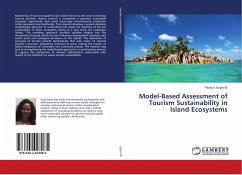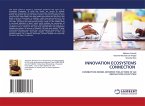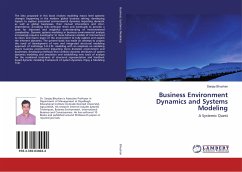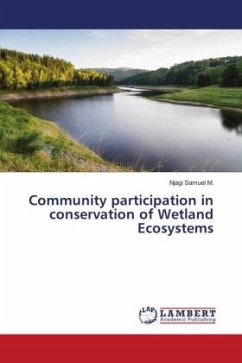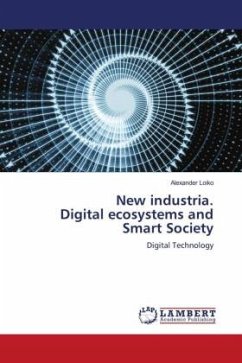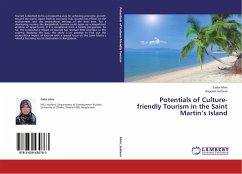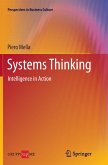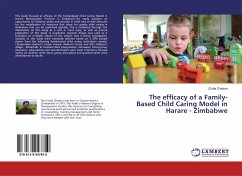Biodiversity of island ecosystems have made them very attractive to develop tourism activities. Nature tourism is considered a potential sustainable economic opportunity that could encourage environmental protection while improving local livelihoods. This research develops a system dynamics model-based approach to understand and assess the dynamics of tourism sustainability in island ecosystems taking as a case study the Galapagos Islands. The modeling approach provides valuable insights into the mechanisms through which tourism influences demographic dynamics and exerts social and ecological pressures on the Islands. The evaluation of scenarios of tourism growth demonstrate that even when no tourism growth is assumed, population continues to grow, making the erosion of native ecosystems an irreversible and continued process. The research may look at strengthening the model-based approach in a participatory manner to capture the perspective of relevant stakeholders, particularly with regard to the indicators to assess tourism sustainability.
Bitte wählen Sie Ihr Anliegen aus.
Rechnungen
Retourenschein anfordern
Bestellstatus
Storno

